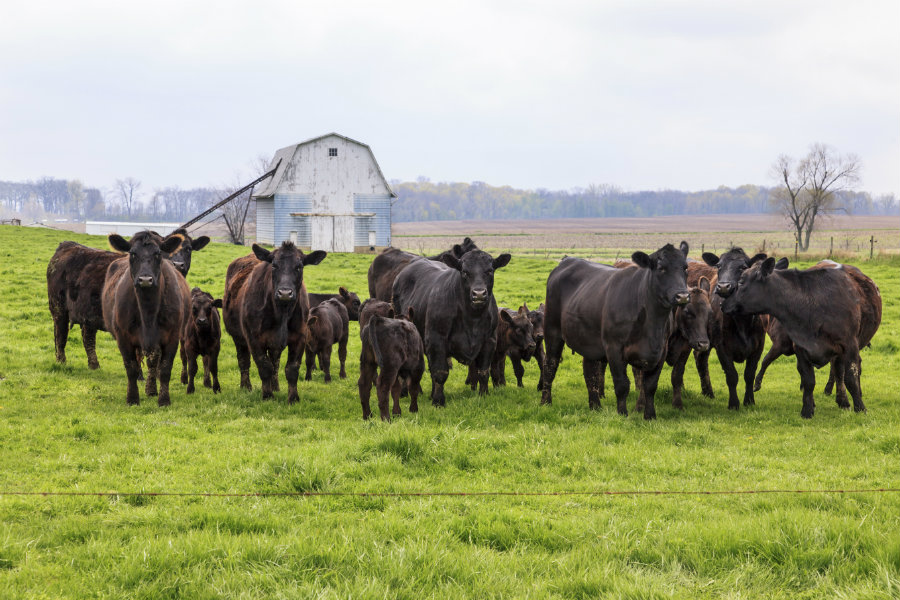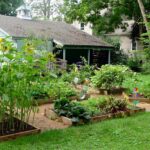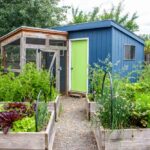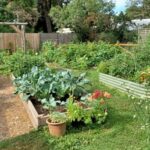Dreaming of living off the grid? A 15 acre homestead might be your ticket to freedom and sustainability. However, understanding off grid regulations is crucial. In this article, we will explore these regulations and how they impact your homestead dream.

Understanding Off Grid Living
Off grid living means living independently without relying on public utilities like electricity, water, or sewage systems. Many people choose this lifestyle to reduce their carbon footprint and live more sustainably.
Why Choose a 15 Acre Homestead?
A 15 acre homestead provides ample space for farming, livestock, and other sustainable living practices. It’s a perfect size for those who want to live off the grid but still have room for growth and expansion.
Benefits of a 15 Acre Homestead
- Space for agriculture and livestock
- Privacy and tranquility
- Potential for renewable energy sources
Off Grid Regulations Overview
Before you embark on your off grid journey, it’s essential to understand the regulations that govern off grid living. These rules vary by location and can impact your plans significantly.
Local Zoning Laws
Zoning laws dictate how land can be used. It’s crucial to check if your desired property is zoned for agricultural or residential use.
Building Codes
Building codes ensure safety and compliance with local standards. You’ll need permits for construction, especially for structures like homes and barns.
Water Rights and Usage
Water is vital for any homestead. Understanding water rights and how you can legally access and use water on your property is essential.
Renewable Energy Regulations
If you plan to use renewable energy sources like solar or wind, you must comply with regulations regarding installation and usage.
Planning Your Homestead
Once you understand the regulations, it’s time to start planning your homestead. This involves designing your property’s layout and considering factors like water storage, energy sources, and livestock management.
Designing Your Property
Creating a property design that maximizes space and efficiency is crucial. Consider factors like sunlight exposure, wind patterns, and natural water sources.
Water Storage Solutions
Water storage is critical for off grid living. From rainwater collection to wells, you’ll need a reliable water source for your homestead.
Energy Solutions
Consider installing solar panels or wind turbines to generate your own electricity. This helps reduce reliance on external power sources and lowers your environmental impact.
Preparing for Challenges
Living off the grid comes with unique challenges. From dealing with severe weather to managing waste, you’ll need to be prepared.
Weather Preparedness
Ensure your homestead is ready for extreme weather by creating storm preparedness plans and building sturdy structures.
Waste Management
Implement a composting system and consider alternative sewage solutions like septic tanks or composting toilets.
Community and Support
Finding a community of like-minded individuals can provide support and resources. Consider joining local homesteading groups or online forums.
Building Relationships with Neighbors
Good relationships with neighbors can be invaluable. They may offer help, share resources, or even become friends.
Online Resources
Utilize online platforms to learn from others’ experiences and gain valuable insights into off grid living.
Conclusion
Embarking on an off grid 15 acre homestead journey can be rewarding. With careful planning and an understanding of regulations, you can create a sustainable and fulfilling lifestyle.

FAQs
1. What is the biggest challenge of off grid living?
Managing resources like water and energy efficiently is often the biggest challenge.
2. Can I use solar power on my homestead?
Yes, solar power is a popular renewable energy source for off grid homesteads.
3. How can I find a suitable property for off grid living?
Research local zoning laws and consult with a real estate agent familiar with off grid properties.
For more information on designing your homestead, visit this external resource.





